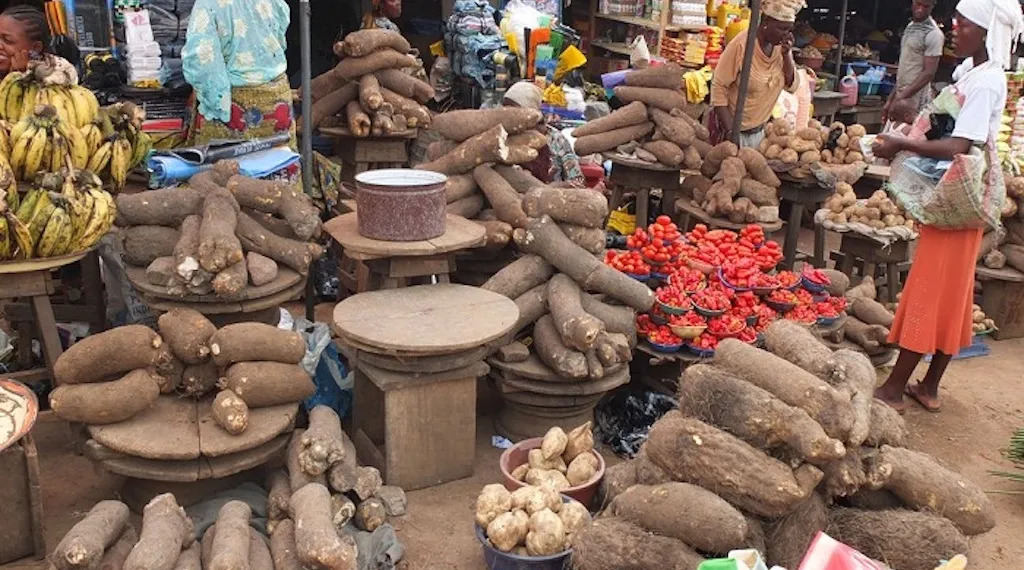Amidst the Easter festivities, numerous Nigerians lamented the lackluster nature of their celebrations, overshadowed by the prevailing scarcity of food and the devaluation of the national currency, reflecting the stark economic realities gripping the nation.
The abolition of fuel subsidies, in conjunction with inflationary pressures and soaring food prices, has compounded the difficulties experienced by Christians during this year’s Easter period.
From Kaduna to Jos and Enugu, Nigerians have articulated their apprehensions regarding the escalating cost of living, prominently manifested in the astronomical rise in the prices of essential foodstuffs.
At the bustling Central Market in Kaduna, food prices persist in ascending to unprecedented heights, rendering them unattainable for the average Nigerian.
Similarly, in Jos, traders and consumers alike have voiced their exasperation at the exorbitant prices of vital food commodities.
In Enugu, situated in the southwestern reaches of Nigeria, residents grapple with the financial burdens engendered by the scarcity of food items and the devaluation of the national currency.
Analysis:
The widespread expression of dismay over the dearth of food supplies and the depreciation of the national currency during Easter underscores the gravity of the economic tribulations confronting Nigerians, compounded by factors such as the withdrawal of fuel subsidies, inflation, and surging food costs.
The cessation of fuel subsidies has precipitated a surge in the price of petrol, precipitating a domino effect across various economic sectors, encompassing transportation and food production, ultimately precipitating an escalation in the cost of living.
Inflationary pressures, exacerbated by disruptions in the supply chain and currency devaluation, have further eroded the purchasing power of Nigerians, rendering it increasingly arduous for them to procure basic necessities, particularly during festive seasons like Easter.
The situation underscores the imperative for comprehensive economic overhauls and targeted interventions aimed at addressing the underlying causes of food and currency scarcity, including the enhancement of agricultural productivity, the promotion of domestic food production, and the formulation of policies to stabilize the currency.
Moreover, there exists a compelling necessity for social safety nets and support mechanisms designed to mitigate the repercussions of economic adversities on vulnerable demographics, encompassing low-income earners and marginalized communities.
Endeavors to alleviate the scarcities of food and currency must be complemented by broader initiatives aimed at catalyzing economic expansion, fostering employment generation, and fortifying the resilience of the Nigerian economy against external perturbations, thereby ensuring a more sustainable and inclusive recuperation for all citizens.
-7 October 2024




